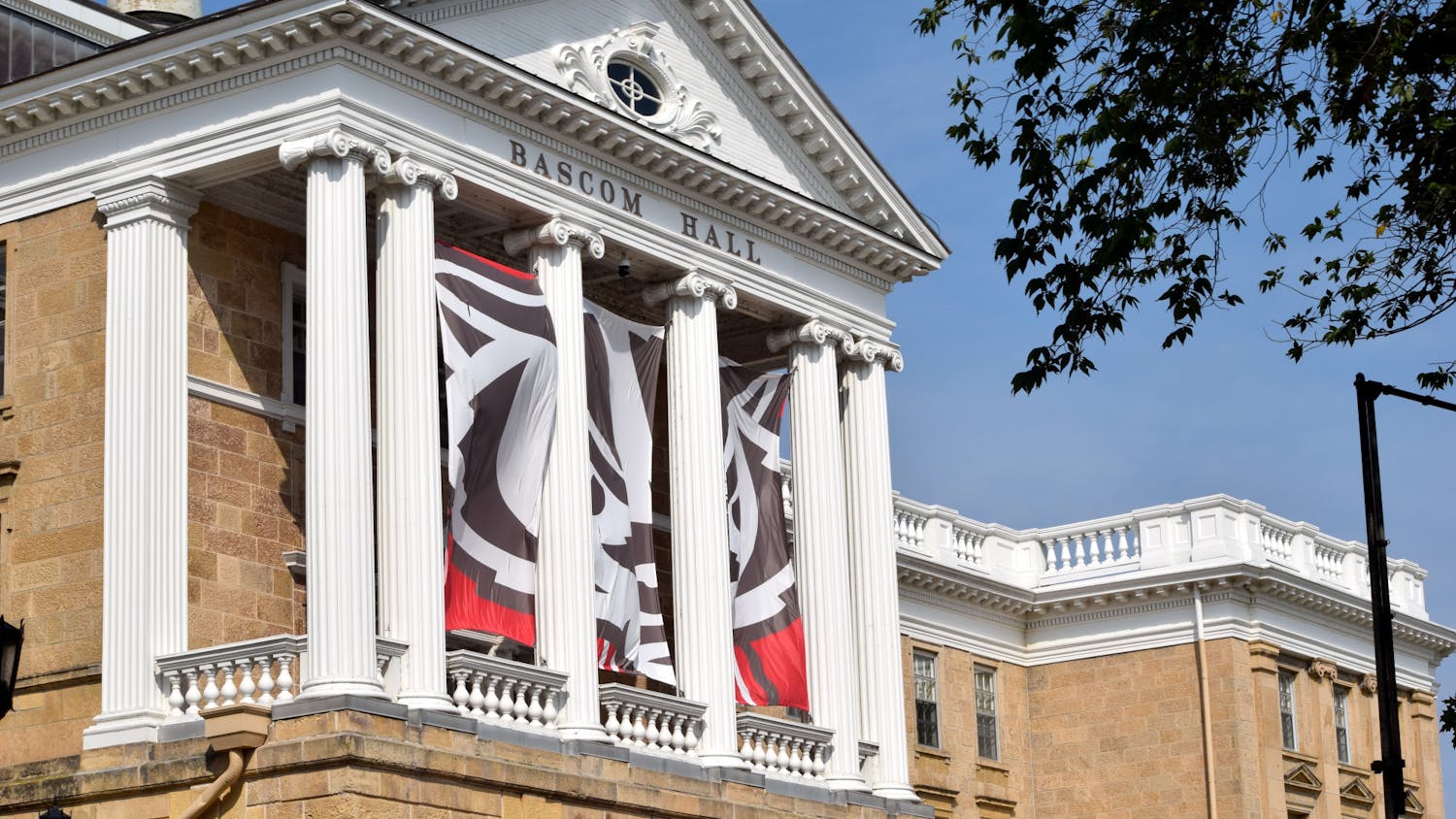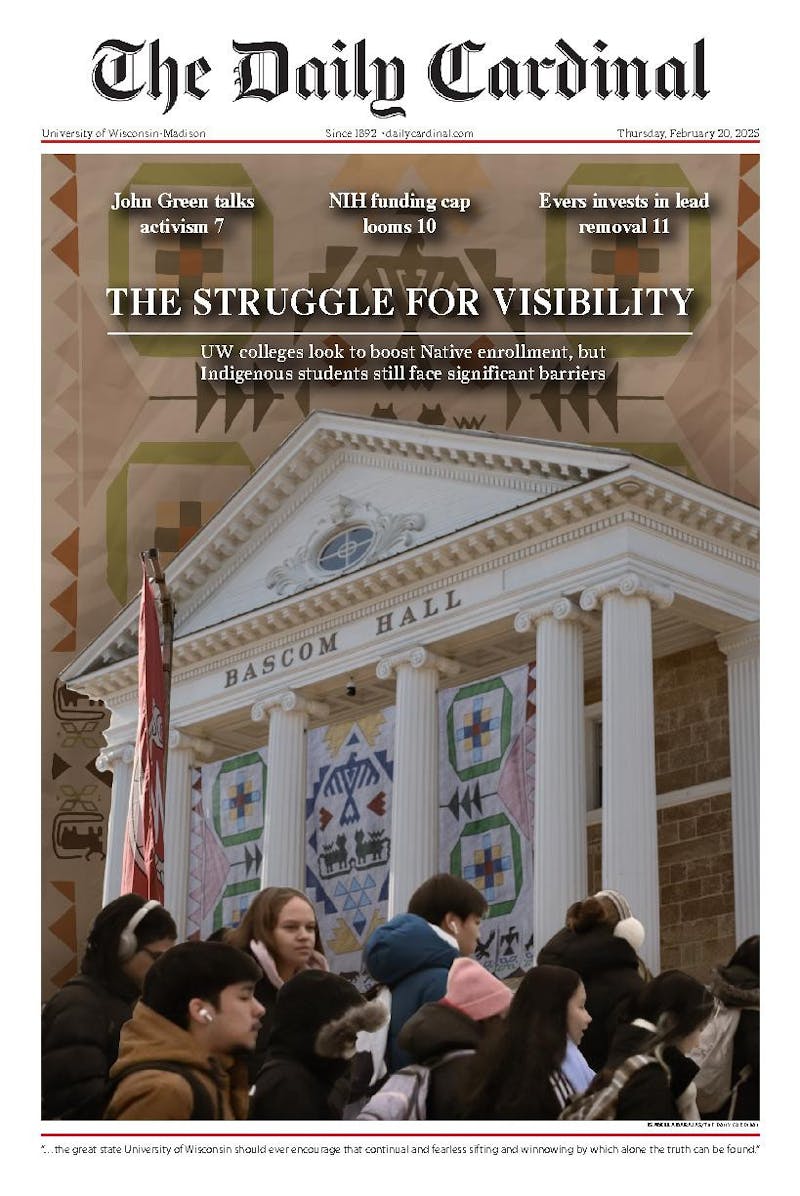It is no secret that Gov. Scott Walker has his heart set on making a presidential run in 2016, or at the very least he is seriously thinking about it. He is ranking in the top four among potential Republican candidates in almost every poll and was the first to open an office in Iowa to explore such a run. However, this means the closer we inch toward the 2016 election, the less time the governor will have to, well, govern. This should give rise to concerns among not only residents of Wisconsin, but also hopeful supporters of Walker’s presidential run, since he will be fighting a political war on two fronts.
The first of such fronts is one he is all too familiar with—the political left in Wisconsin. The people of Wisconsin are among the most politically divided in the country. We voted for President Barack Obama and Senator Tammy Baldwin in 2012 while just five months earlier voting to re-elect Walker in the first-ever, unsuccessful gubernatorial recall election. Not only did Wisconsin voters elect politicians from different political parties, they also demonstrated support for drastically different policy platforms. As such, it is no secret that political polarization is as synonymous with Wisconsin as cheese and beer.
The second front, which is somewhat uncharted territory for Walker, is the national political arena. Although he has made national headlines since his battle against unions and collective bargaining rights for Wisconsin public employees began in 2011, running for president is an entirely different political beast.
Walker’s introduction to the national political scene began with the budget he proposed earlier this month, which calls for a 13 percent cut in state aid across the UW System over the next two years for a total of $300 million. Beyond the traditional fiscal responsibilities that conservatives promulgate ad nauseam, there is a greater implication to Walker’s proposal. That is, Walker is displaying his distaste for liberal universities and his desire for more pragmatic and “practical” education. Some conservatives argue that a liberal education is “a burden on taxpayers” and does not “prepare students for work,” as New York Times writer Julie Bosman put it in a recent article.
Regardless of the contrasting views concerning what higher education should look like, Walker is preparing for a political performance that is meant for viewers beyond Wisconsin residents and the politics that immediately affect them. Using the foresight that only an astute businessman and politician such as Walker can command, he is directing his actions toward 2016 and the Republican presidential primaries.
However, it is this exact foresight or selfishness (again depending on your interpretation of his actions), which makes his road to the Oval Office a lost cause. Walker, if he has the slightest bit of hope to win a national election, cannot let his political ambitions cloud his actual job as governor of Wisconsin. Wisconsin is a state full of people who care about issues like affordable higher education and becoming liberally educated, despite Walker’s personal vendetta against such “elite bastions of liberal academics.”
If he is to commit to running for the Republican nomination in 2016, his actions as governor will be the most crucial demonstration of his ability to govern. Sure, conservatives will applaud his audacity to combat unions and salute his courage to balance the budget at the expense of higher education. However, the national electorate has more sense and diversity.
In fact, it would be ideal for Democrats to have Walker as the Republican nominee, another well-off, white conservative who is disengaged with minorities, supports the defunding of public universities and strips public workers of their ability to collectively bargain, presents the Democratic Party with the presidency on a silver platter.
Walker is not alone in this politicking; any potential Republican nominee will have to balance the desires of strong conservatives, who ultimately choose the victor of the primary, while also attempting to relate to the national electorate who is undoubtedly more moderate.
I do not wish the power and responsibility of the presidency upon any individual. Yet, if he were to run for president, Walker needs to re-evaluate his current role as Wisconsin’s governor and the legacy he wants to leave before he abandons this state and the values and the institutions that make it great.
Benjamin is a senior majoring in political science and international studies. Do you agree with his perspective? Will Gov. Walker’s campaign force him to ignore Wisconsin? We want to know what you think. Please send all comments to opinion@dailycardinal.com.






